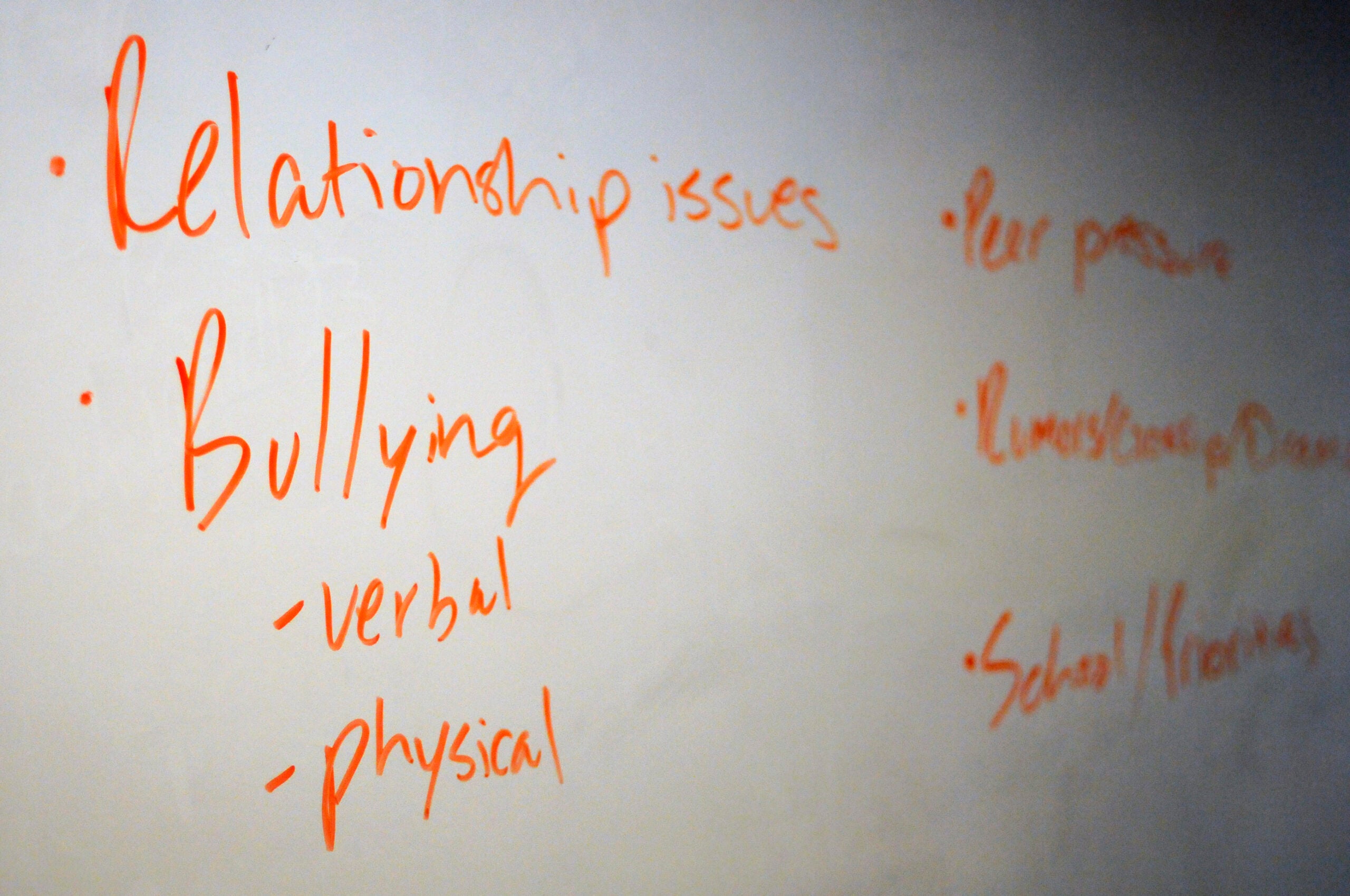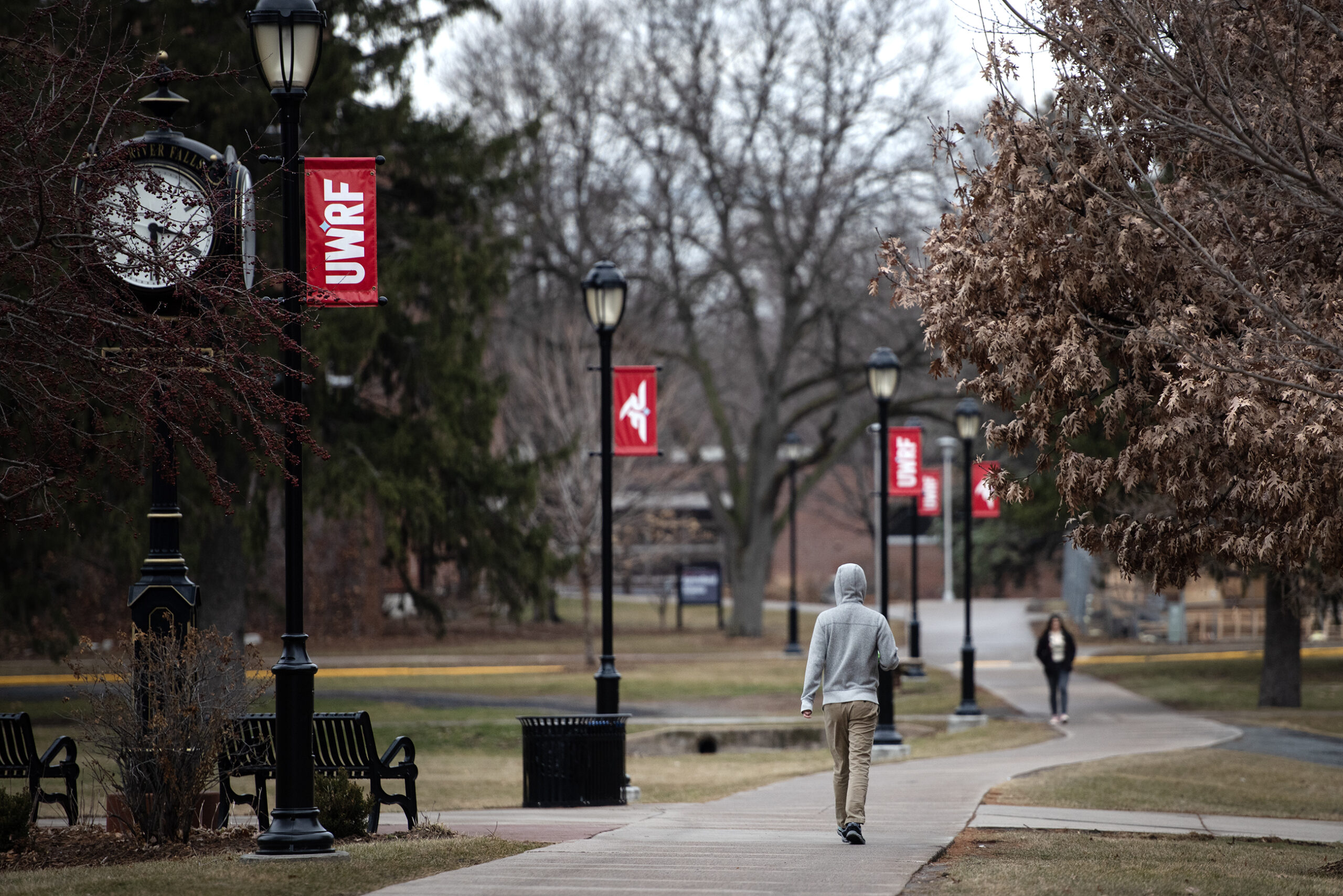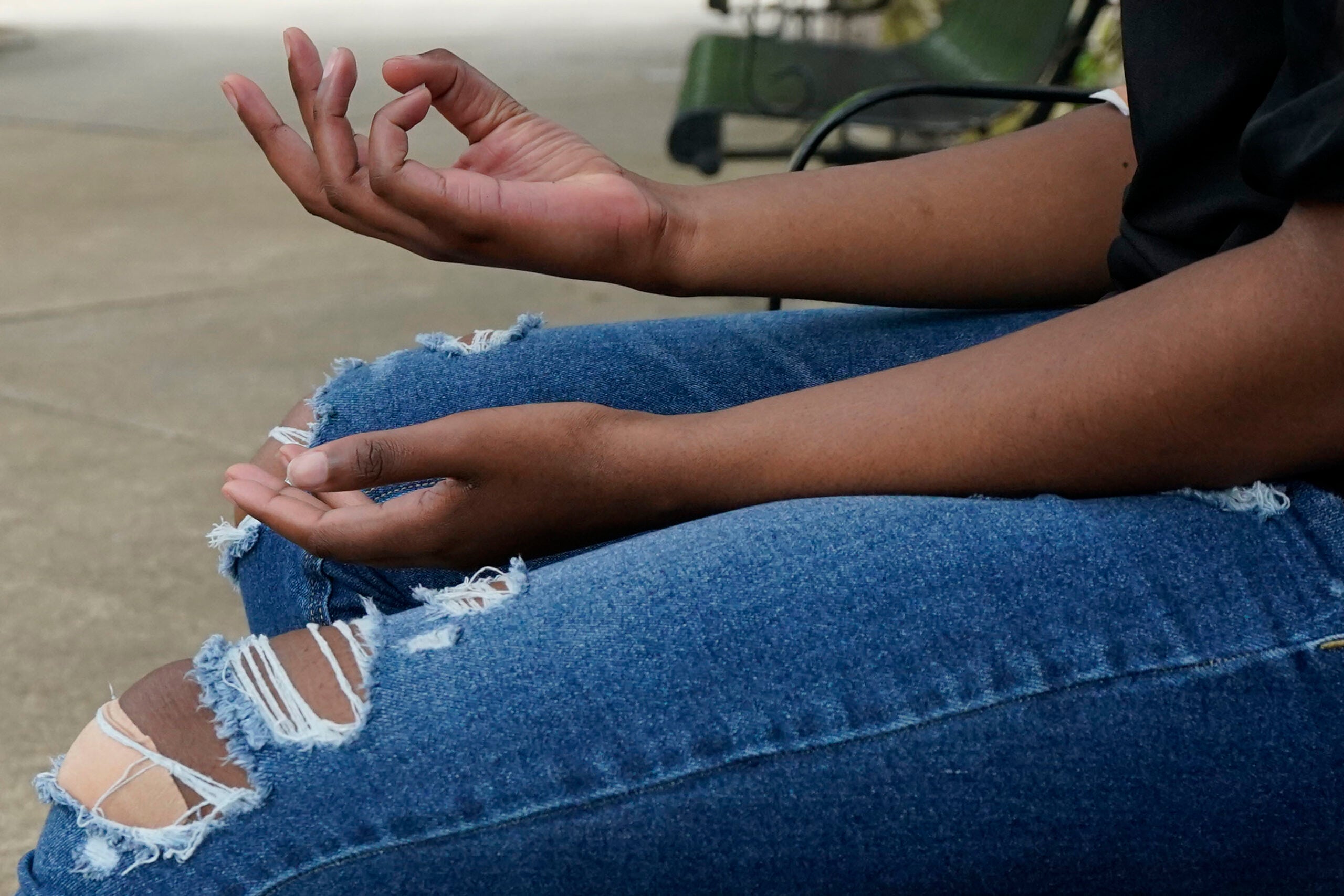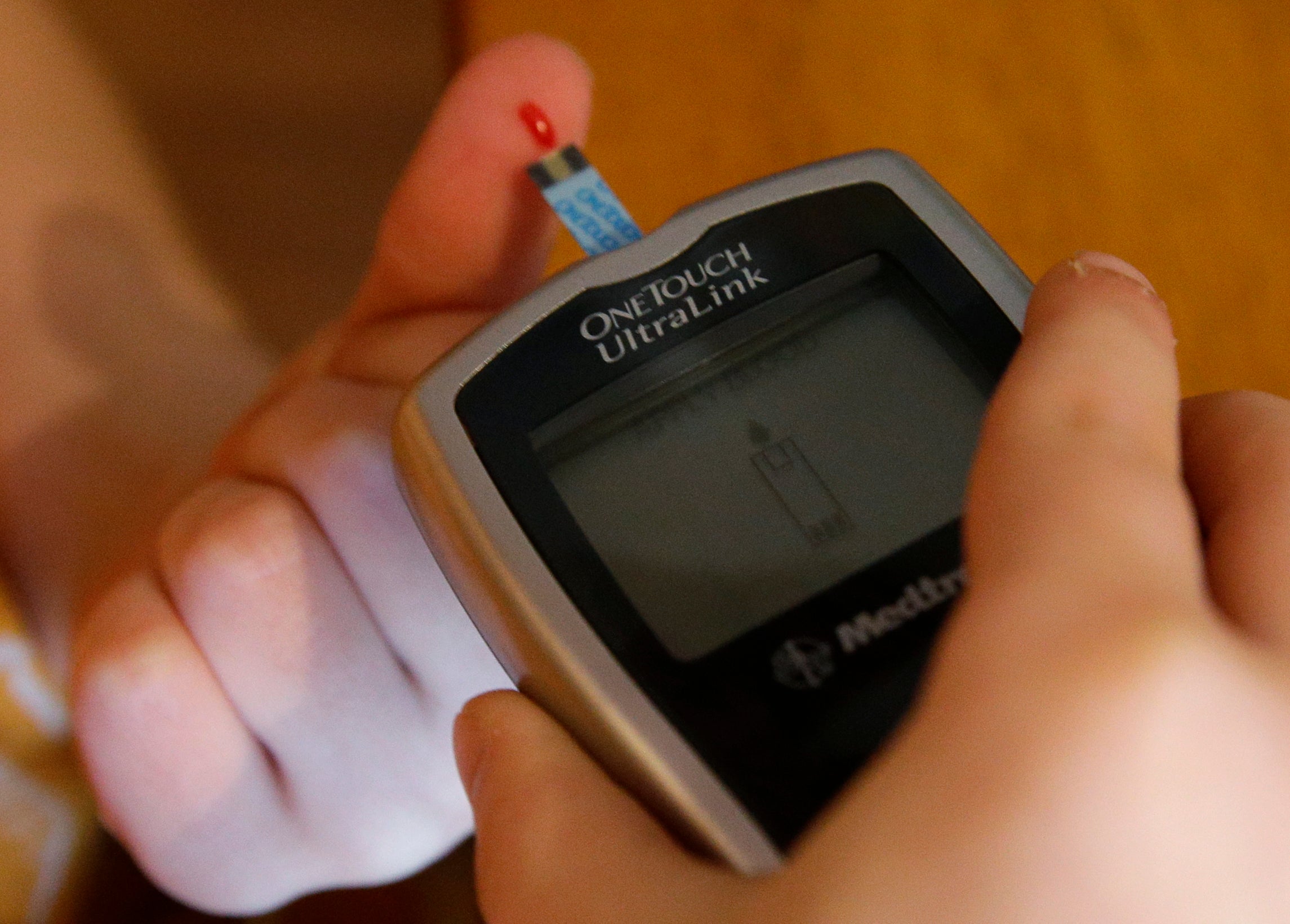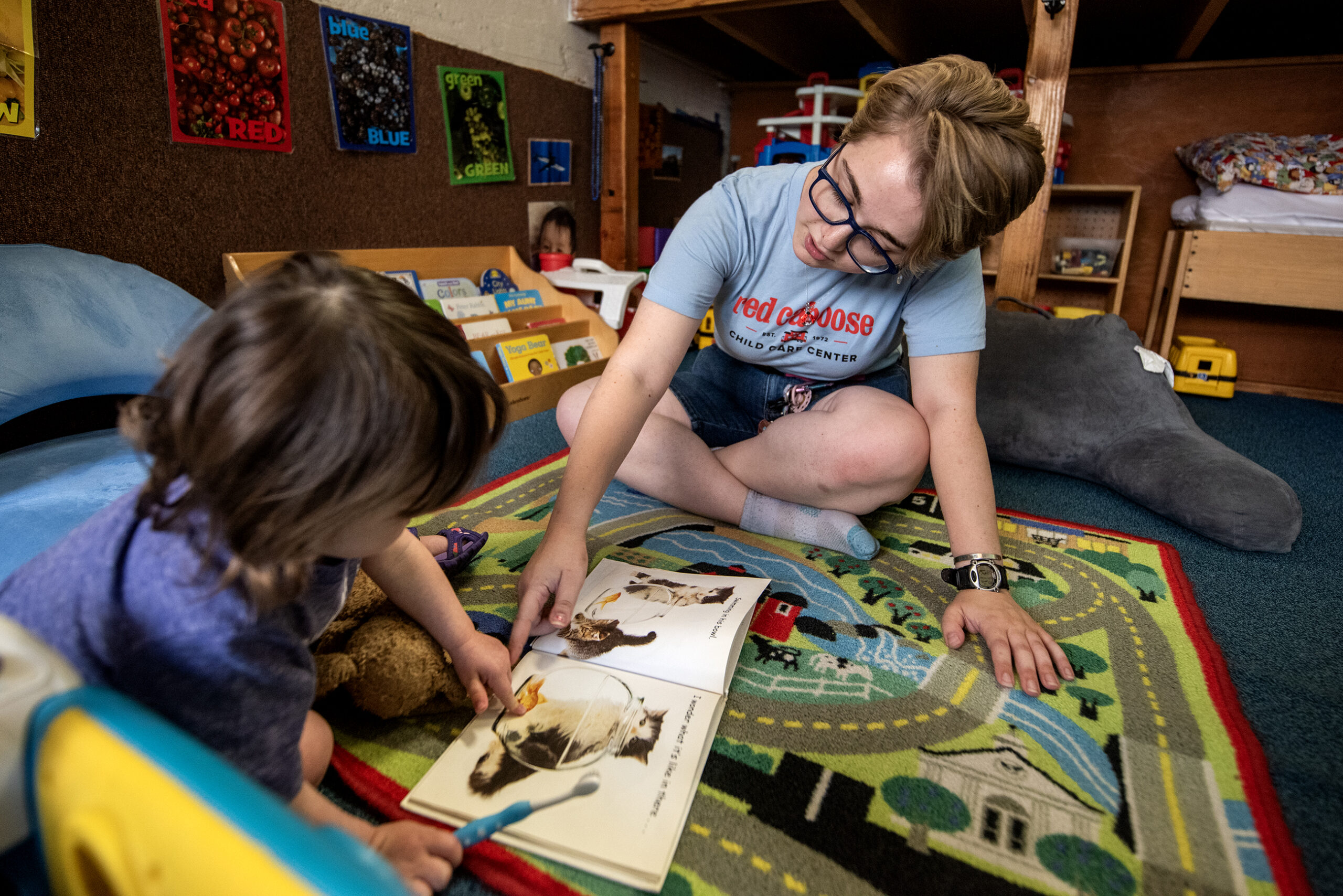Wisconsin’s youth suicide rate was higher than the national average before the coronavirus pandemic, and child advocates say that trend continues along with other signs of distress brought on by isolation and economic uncertainty.
Wisconsin was among the top five states for doctor and emergency department visits to treat self-harm among teens, according to a nationwide analysis of insurance claims from January to November. According to the report, insurance companies had double the number of self-harm, substance use and mental health claims for teenagers in 2020 compared to 2019.
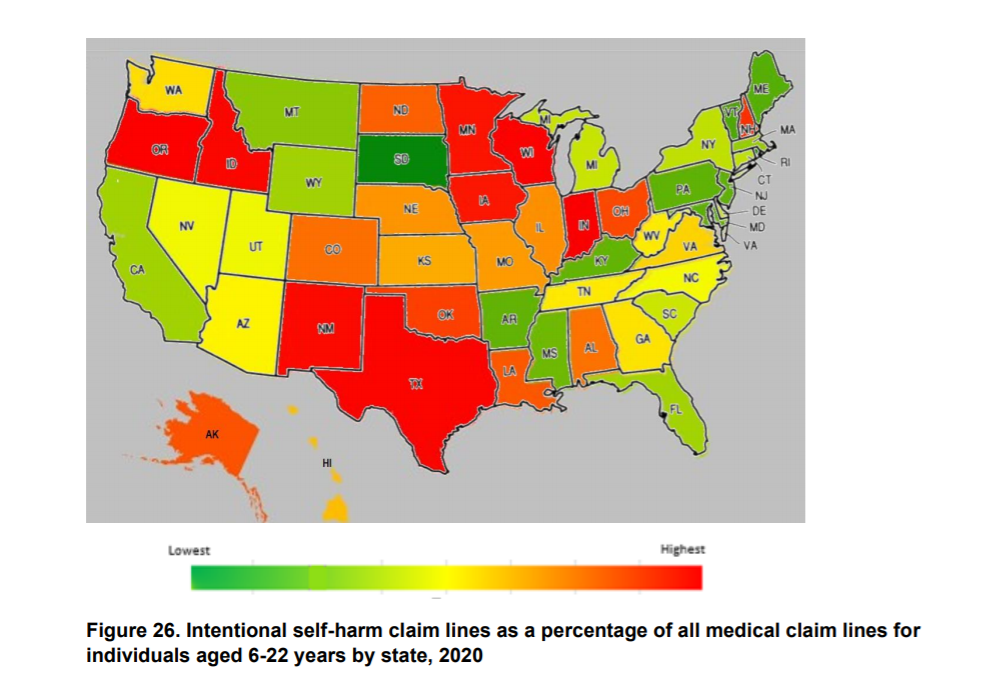
Stay informed on the latest news
Sign up for WPR’s email newsletter.
Gov. Tony Evers recently mentioned the report’s findings during a regular press briefing on COVID-19, calling it “an issue we all should all be talking about.”
Mental health professionals say there’s a lot that can be done to improve anxiety, depression and other unwanted feelings that youth may be experiencing. The first step is acknowledging the situation, says UW Health psychologist Greg Rogers.
“As scary or stressful as it is to consider suicide-related behavior in kids and teenagers, there are some things that really help, and people should try to overcome their anxiety with dealing with it, so they can approach this with kids and teenagers,” Rogers said.
He recommends a concept called Mental Health First Aid.
It teaches people to look at a situation, to really listen in a nonjudgmental way, and to offer some direction and guidance as to how someone can take care of themselves but also connect with professional mental health services that might be needed, Rogers said.
Communities can support children by paying attention to families that need food and housing, said Linda Hall, director for the Wisconsin Office of Children’s Mental Health (OCMH).
“Because those pressures on families affect kids,” she said.
OCMH has tips for better mental health on its website, including a “feelings thermometer” that categorizes various emotions and suggests ways to curb negative feelings.
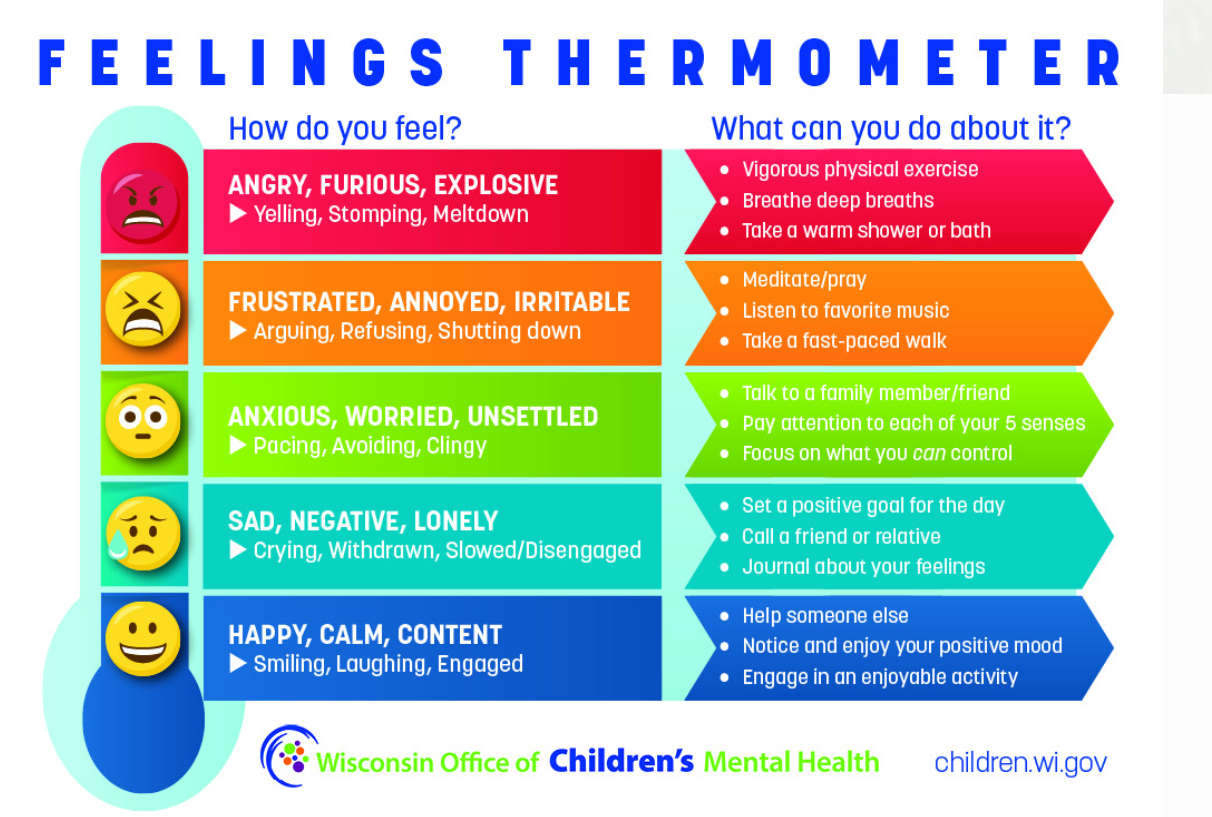
As children transition back to school, Evers, a former state school superintendent, and Hall said children will need support. Hall recommends parents spend five minutes every day checking in with their kids to see how they’re doing and to talk with teachers about any concerns they may have.
“Our kids need a lot of support right now,” Hall said. “They need to know they’re cared about. They need to feel like they belong when they get back to school.”
Some children, she said, may have been relieved not to be in school during the pandemic because they didn’t have some social pressures. For others, they’re going to be eager to be close to friends and peers, she said.
If you or someone you know needs help, the National Suicide Prevention Lifeline is available 24 hours, seven days a week at 800-273-8255. The Wisconsin chapter of the National Association of Mental Illness also has information and resources available at https://namiwisconsin.org.
Wisconsin Public Radio, © Copyright 2025, Board of Regents of the University of Wisconsin System and Wisconsin Educational Communications Board.
